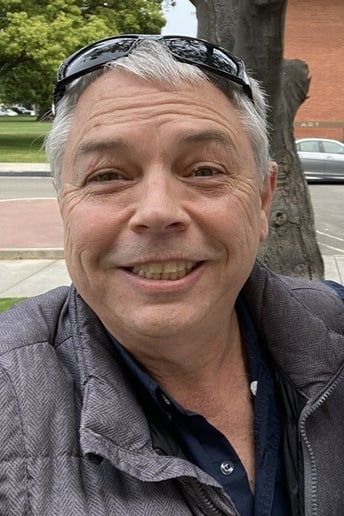Community of Philosophical Inquiry Facilitator Jim McStay
I began my UNINTENTIONAL philosophical journey from the moment I started believing that the words I was being trained to read and speak represented reality. They do not. Words represent IDEAS ABOUT reality. This should be fairly obvious, but maybe not for everyone. As long as we use words--(as well as ideas, beliefs, theories, judgments, conclusions) all of which are internalized "models" of reality--we lock ourselves into our models and prevent ourselves from actually understanding the nature of reality.
By college, I'd had enough disruption of the mental models to value actual truth more than the beliefs, models, theories, opinions, concepts, conclusions, and other such mental processes. The INTENTIONAL journey began with a philosophy professor (Dr. Daniel Kolak) describing that there is a frozen sea within me, and that philosophy is an axe. I offer the same metaphor, and propose that the community of inquiry is among the best means to effectuate the sharpening of the axe. This particular axe has no usefulness externally, and so we do not undertake debate, or argument, nor do we engage or celebrate any sort of attacking or defending protocols. No support will be offered toward any win/lose agenda with respect to any ideas, beliefs, conclusions, theories, models, opinions, or values.
My personal journey led me to graduate with a BA in Contemplative Psychology from the only accredited Buddhist-inspired university in North America, Naropa University in Boulder, Colorado, and then to a Masters in Teaching from the Institute for the Advancement of Philosophy for Children at Montclair University in Montclair, New Jersey. All the while, my inner work never let up. I continue to practice meditation daily, for forty years now. I lean deeply into many science disciplines, from psychology and socio-politico-anthropological sciences, to physics and cosmology and biology. I have studied many spiritual traditions, and have sat at the feet of many spiritual teachers.
While philosophical inquiry invariably touches into matters that dovetail with religious enterprises and traditions, our process has nothing to do with, and cannot and does not support any formulation of beliefs, judgments or conclusions, regarding how we should or should not "act". The nature of what we call "action" must be understood as ontologically incommensurable (there is no bridge between, one ceases for the other to arise) from what we might use the term "response-ability" to describe. Through philosophical inquiry, we maximize our ability to respond (to reality, to what is actually so), while turning down the volume of our action, an English term whose Latin root (agere) also roots the word agitation, and which translates to Sanskrit's karma.
Together, in community, we develop a safe space for this chiropractic work in our own psyche, listening to and learning from and through and with and even for each other. The English word free and freedom roots to Greek's frie, which also roots friend. We meet together to look, examine, inquire, observe, to see, to understand. One may easily draw an incommensurable ontological hard line between conceptual models that fixate ideas and conclusions and judgments on one side of the line, from actually seeing, observing, and realizing what is actually so directly. Philosophical inquiry is a kind of cognitive chiropractic of making adjustments and re-alignments, and sorting between these ontologies, which have become distorted and mistaken and obscured and obstructed. We aim consistently to be honest and therefore honorable, to trust what is trustworthy, and therefore to BE trustworthy in our mental process and thinking.


Community of Philosophical Inquiry
Join us for TWICE-MONTHLY philosophical discussions where insight, discovery, understanding, growth, and realization take place in the context of community.